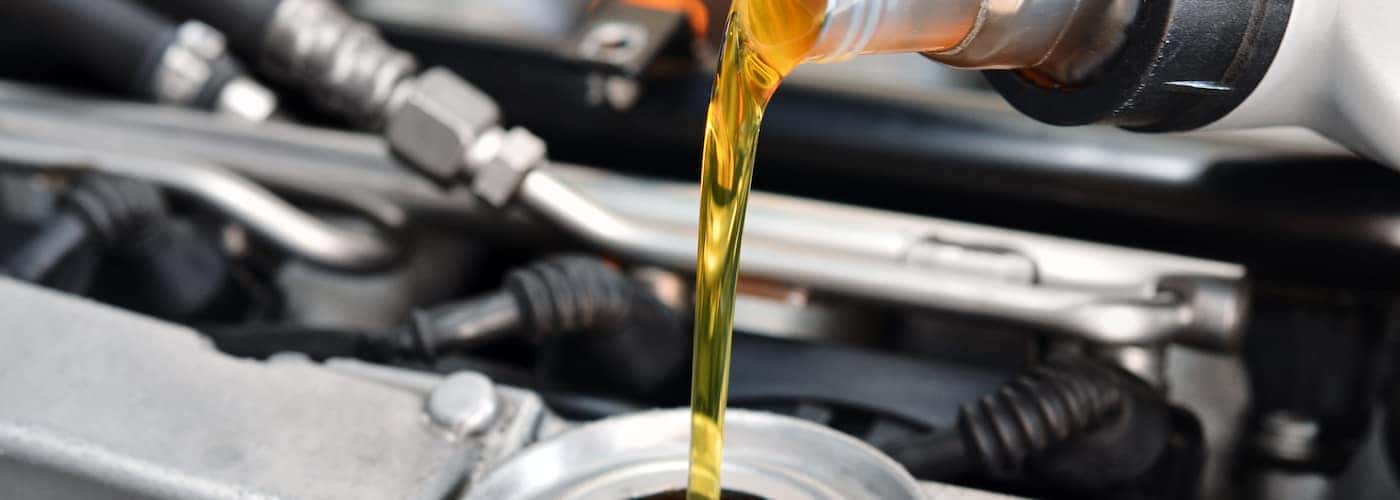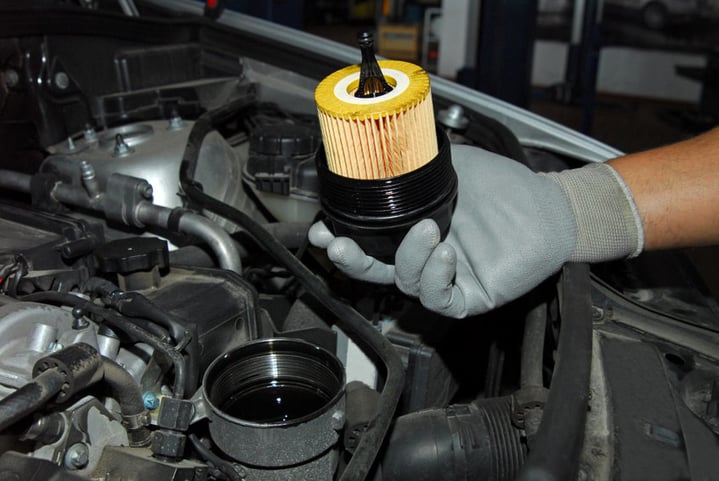Maximize Your Automobile'S Performance With Regular Oil Changes
Keeping your vehicle's performance is a diverse undertaking, with normal oil changes standing out as a vital aspect. Fresh engine oil plays a critical function in making sure ideal lubrication, minimizing rubbing, and protecting against wear on crucial parts. Many drivers overlook the indicators that show a demand for an oil adjustment, possibly jeopardizing their car's durability.
Significance of Regular Oil Changes
While many car proprietors might ignore the relevance of routine oil modifications, neglecting this crucial upkeep task can lead to extreme effects for engine performance and longevity. Engine oil plays a vital duty in lubing moving components, lowering rubbing, and avoiding overheating. With time, oil weakens because of exposure to warmth and pollutants, which diminishes its performance.
Stopping working to change the oil routinely can cause the build-up of sludge and debris, which can block important engine components and cause enhanced wear. This not just jeopardizes engine efficiency yet can also result in expensive repair work or perhaps overall engine failure. In addition, old oil sheds its capacity to neutralize acids created throughout burning, which can result in corrosion and further damages.
Furthermore, lots of lorry producers suggest certain oil adjustment intervals, frequently based on mileage or time. In summary, routine oil modifications are not just a suggestion; they are an important element of accountable automobile maintenance that secures the engine and enhances total performance.
Benefits of Fresh Oil
Altering to fresh oil uses many advantages that straight improve engine performance and efficiency. New oil reduces friction in between engine parts, which not only reduces wear but also adds to smoother procedure.
Furthermore, fresh oil efficiently cleans the engine by putting on hold impurities and protecting against sludge accumulation. In time, oil becomes contaminated with dust, metal particles, and burning results. On a regular basis replacing oil makes sure that these dangerous materials are gotten rid of, promoting a cleaner and healthier engine environment.
Moreover, fresh oil help in optimal temperature level guideline. It dissipates heat better, avoiding overheating and prospective damage to engine parts. This is particularly vital throughout peak efficiency circumstances, where warm accumulation can hinder engine functionality.
Indications Your Oil Demands Altering
Engine oil is the lifeline of your vehicle, and acknowledging when it requires changing is critical for preserving optimum performance - Oil Change Lockhart. A number of indicators indicate that it's time for an oil modification, and staying vigilant can stop engine damage and costly repair services
First, check the color and uniformity of the oil. Fresh oil is typically amber and smooth, while old oil might show up dark and sandy, showing contamination and reduced efficiency. A change in viscosity can also indicate that the oil has damaged down and is no more sufficiently oiling engine parts.

Another warning indication is the oil adjustment light on your control panel. This alert works as a pointer that the oil has actually reached its life expectancy or that there More Bonuses is an underlying problem requiring attention. Additionally, unusual engine sounds, such as knocking or ticking, might suggest insufficient lubrication because of degraded oil.
Lastly, if you discover oil areas or pools under your automobile, it might show a leakage that demands prompt inspection and possible oil change. Listening to these signs he has a good point will certainly guarantee your engine runs smoothly and efficiently.
Picking the Right Oil
Picking the proper oil for your car is vital for making sure optimal performance and durability. This assistance will certainly route you toward the correct thickness quality, such as 5W-30 or 10W-40, which suggests the oil's thickness at various temperature levels.
Next, take into consideration the sort of oil: traditional, artificial, or a mix. Conventional oil is originated from petroleum and is appropriate for older lorries, while artificial oil supplies exceptional defense and efficiency for modern engines, specifically under extreme problems. Synthetic blends incorporate the benefits of both and are frequently a cost-efficient choice.
In addition, try to find oils that meet market standards, such as API (American Oil Institute) or ACEA (Association des Constructeurs Européens d'Automobiles) qualifications. These indicators make certain that the oil has actually been tested for high quality and efficiency. Eventually, choosing the ideal oil not just improves engine performance however additionally contributes to the total health of your vehicle, paving the means for smoother driving experiences.
Oil Change Regularity Recommendations

Elements affecting oil modification frequency consist of driving conditions, such as stop-and-go website traffic, extreme temperature levels, and hauling hefty lots. Under extreme conditions, it could be sensible to alter the oil a lot more often to avoid engine wear. Furthermore, some modern-day automobiles come equipped with oil life surveillance systems that offer tailored suggestions based upon driving habits, which can additionally optimize the oil adjustment schedule.
It's critical to consult your owner's guidebook for particular recommendations tailored to your vehicle. Complying with these standards not only maintains engine health and wellness yet also improves gas performance and reduces discharges. Finally, routine oil modifications, timed suitably based on various variables, are a basic aspect of automobile upkeep that can dramatically impact performance and long life.
Conclusion

Comments on “Trusted Oil Change Lockhart service that meets all your vehicle’s needs.”